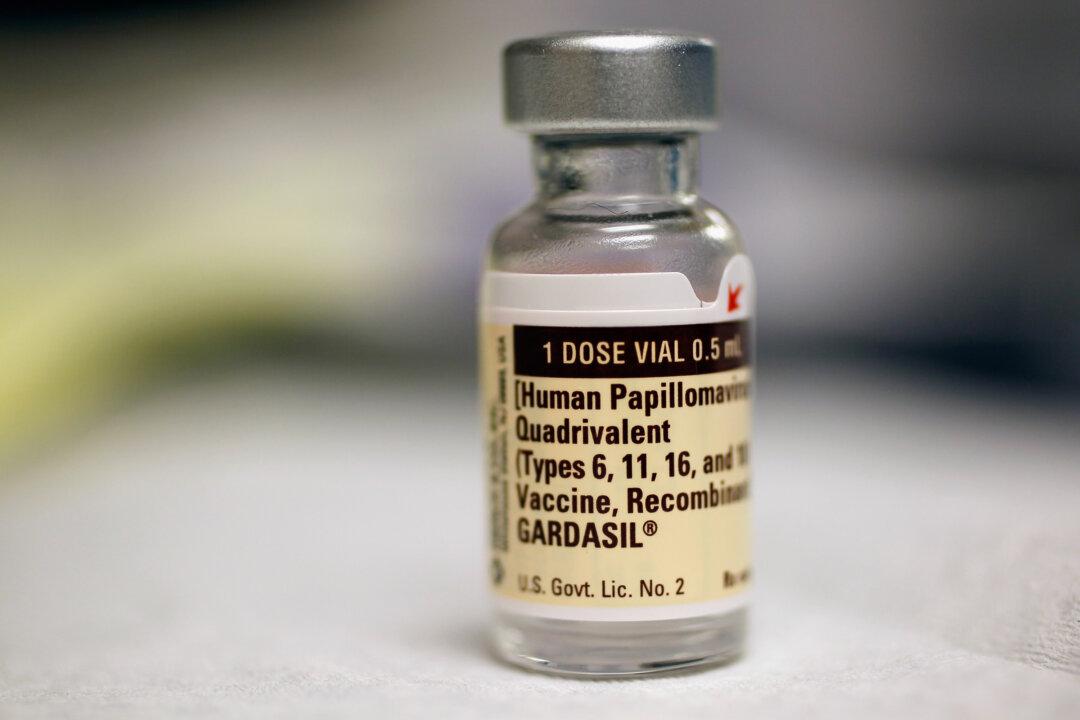A new study from researchers at the University of California Los Angeles found that cervical cancer cases are on the rise in younger women. Specifically, the study discovered that the number of women with late-stage (stage 4) cervical cancer, which has a death rate of 83 percent within five years, has increased.
Their peer-reviewed original research, which was published in the International Journal of Gynecologic Cancer, found that advanced stage cervical cancer is rising at a rate of 1.3 percent per year. The greatest increases are among white women living in Southern states between the ages of 40 and 44. For this subgroup, stage 4 cervical cancer is rising at a rate of 4.5 percent annually.







